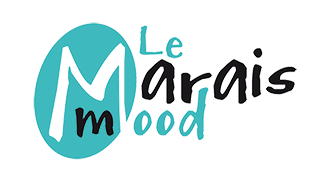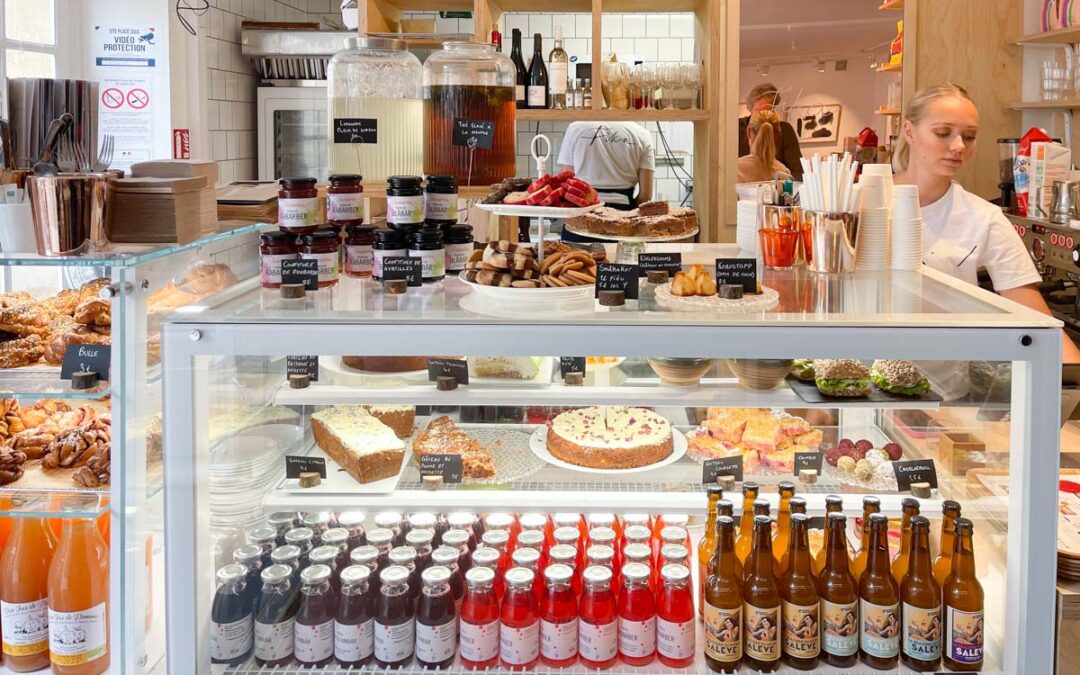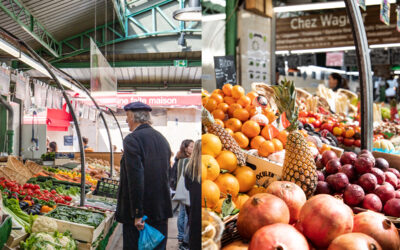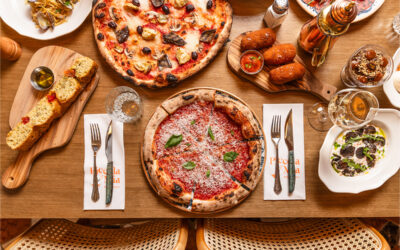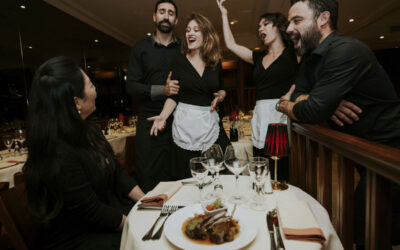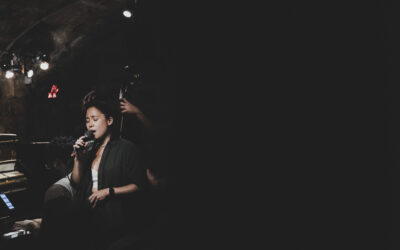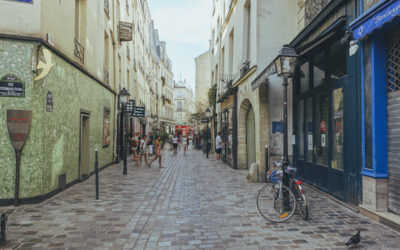Café Fika, © Axel G.
Finally, it has reopened! Closed for three years due to work and Covid, the Swedish Institute café, rue Payenne in the Marais, resumed service at the beginning of September. After a change of ownership… and name.
By renaming it Café Fika, the news was right because this word, Fika, expresses the quintessence of Sweden. Fika refers to this coffee break that Abba's compatriots have elevated to the rank of an art of living, a pastime and even an obsession.
It is also a verb fika which expresses the action of drinking coffee accompanied by a pastry, generally a “bulle” (pronounced: “beau-laid”!), that is to say a Swedish brioche with cinnamon or cardamom. But above all it is the moment when the Swedes meet each other, like the French at a café.
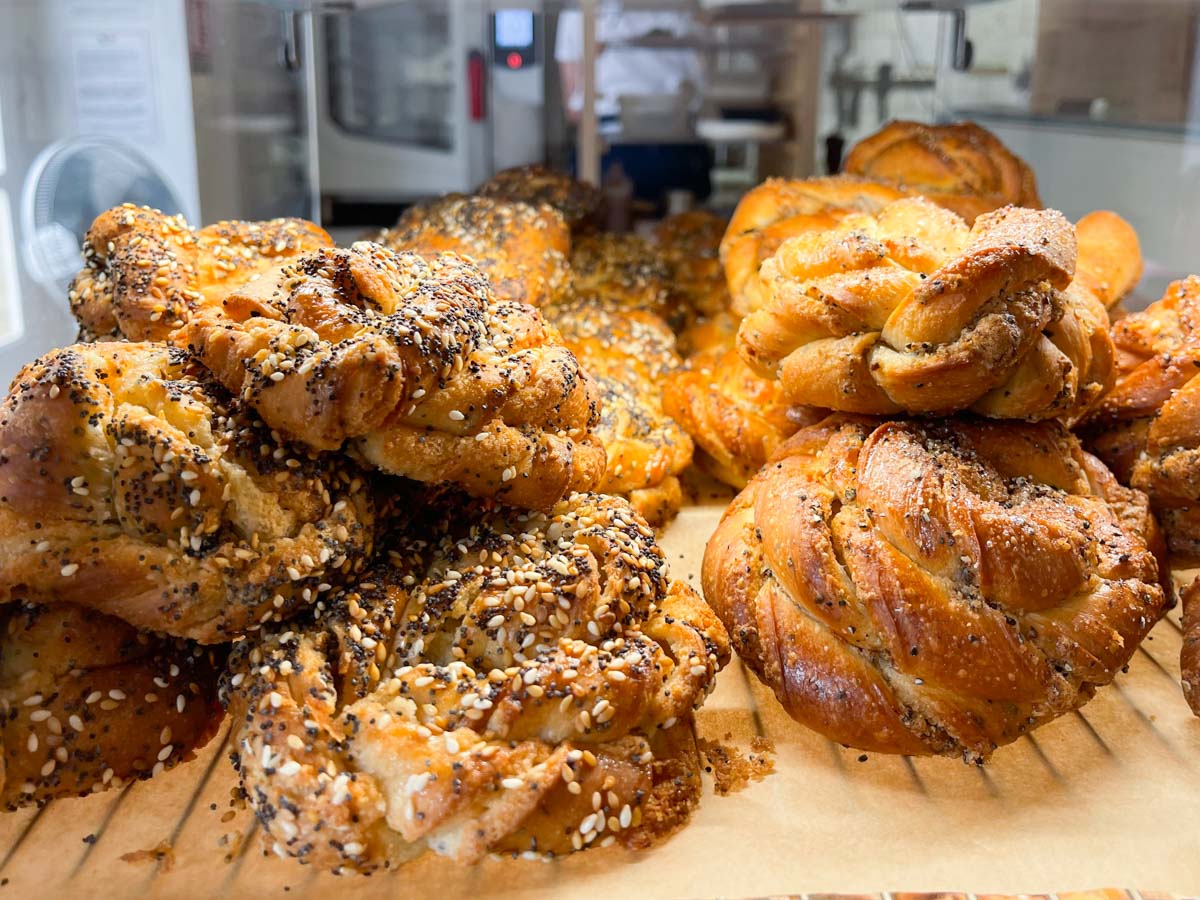
Café Fika, © Axel G.
We practice fika in the tea room, at home, in the office with colleagues. When ? Anytime from approximately 10 a.m. to 15 p.m. Fika – both a verb and a common noun – is to Sweden what the pub is to the English or tapas to the Spanish.
Its origin is worker and peasant, just like the snack. Some say it is of prison origin. According to them, the word finds its origin in prison slang where verlan was spoken, by modifying the intonation. “Kaffe” (coffee) became “fika” by inversion of the syllables and transformation of the “é” into “i”.
To find out more, we will refer to the very beautiful work, in English, by Stina Almorth “Fika, made in Sweden” (on sale at the Swedish Institute), a true sociology treatise on the subject.
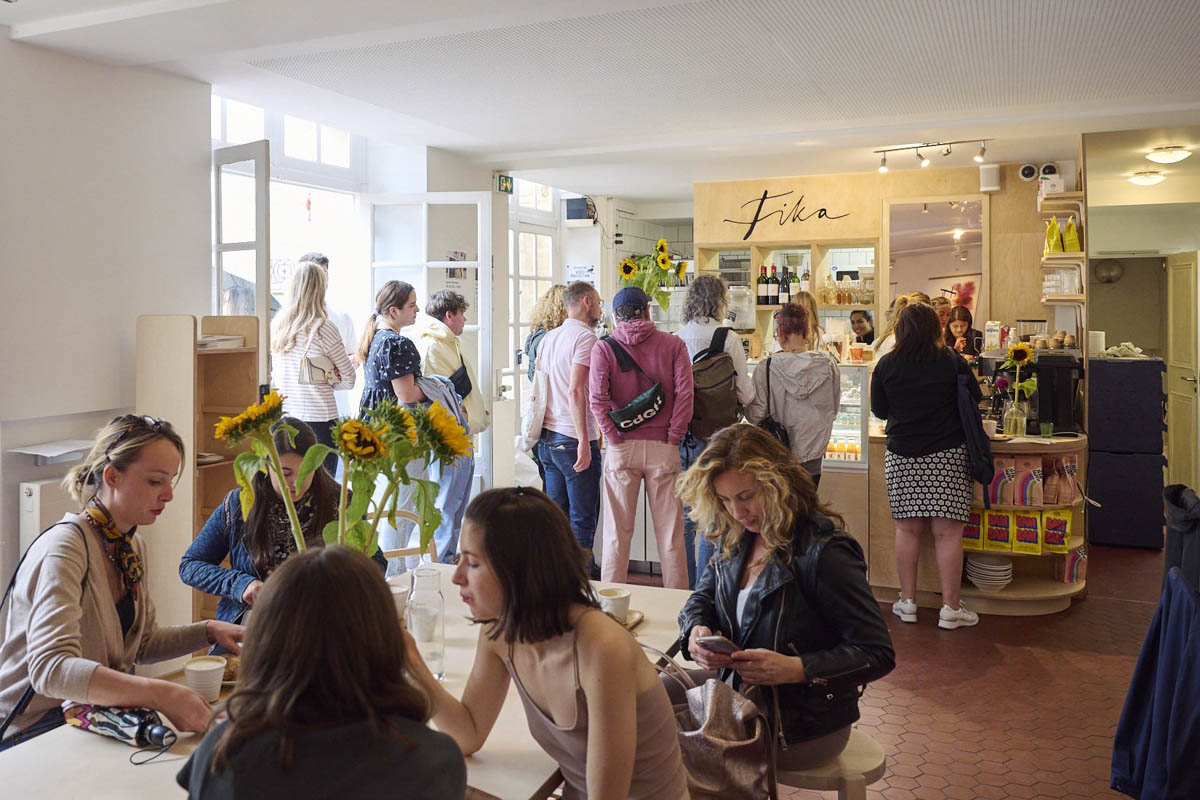
Café Fika, © Laetitia d’Aboville
The Swedish Institute's new café lives up to its name and some Swedish authenticity. All products are homemade based on a menu created by Maria Printz, a chef-baker-entrepreneur from Småland, the pantry region of Sweden where fresh produce is no joke.
There are salads, salmon or herring toast, meatballs, coffee, elderberry syrup, cakes and traditional biscuits. Everything is served in measured portions, as is customary among the Swedes, always reasonable. The decor, in light wood, evokes Scandinavia, as does the singing accent of the young team of Swedes who provide the service with simplicity and kindness. For a coffee break or a quick meal, we are teleported to the far north.
▼ Fika
Swedish Institute
11, rue Payenne, 75003 Paris
Wednesday to Sunday from 10:00 p.m. to 19:00 p.m.
Tel: +01 44 78 80 20 XNUMX
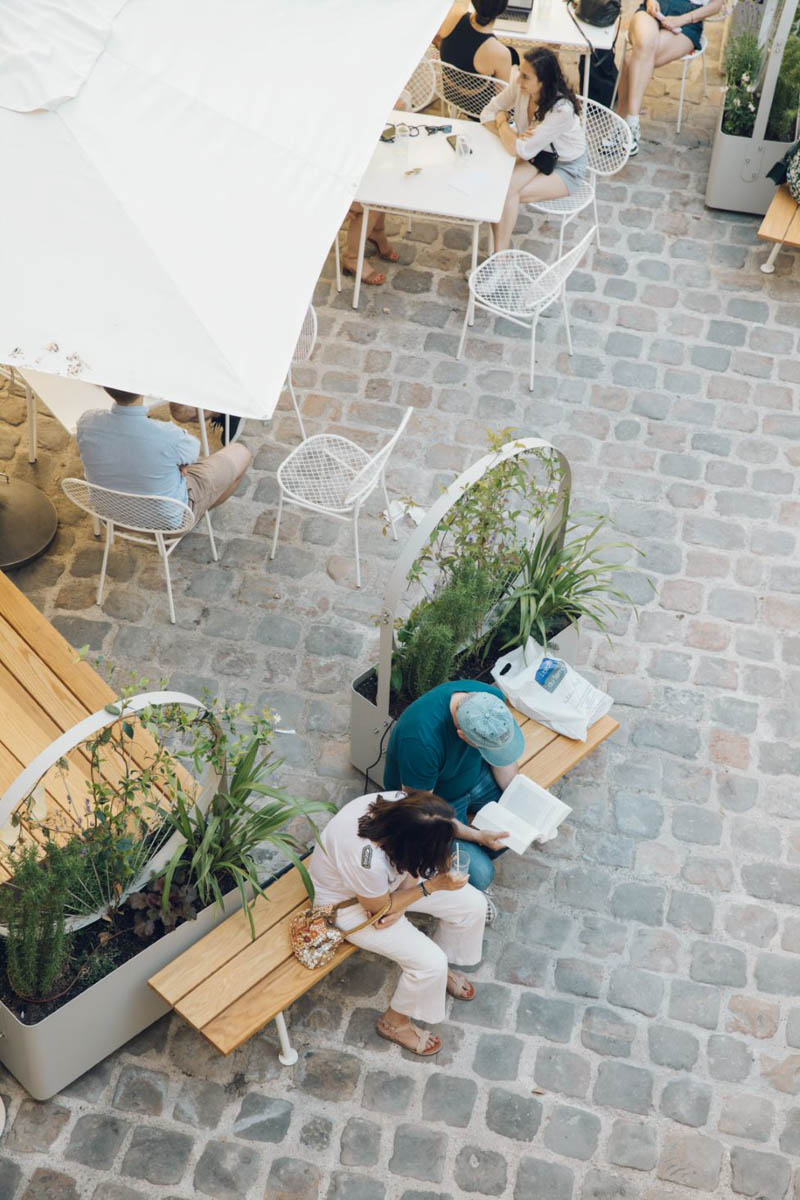
Café Fika, © Vinciane Lebrun
Text: Katia Barillot
23.09.22
UNE LITTLE HUNGRY ?
The Enfants Rouges market, everyone loves it
Restaurants. Merchants (fruit and vegetables, cheese, fish, flowers, etc.). And a photo store. All backed by Comme un roman, one of the most beautiful Parisian bookstores, on rue de Bretagne. In short, food for the body and...
Piccola Mia, the pizzas of the Republic
On the Place de la République, a brasserie with Italian accents has just opened, which quickly made people forget the old Pizza Pino. Welcome to Piccola Mia, the fruit of the joyful encounter between Italian chef Denny Imbroisi, pizza chef Julien Serri and mixologist Matthias Giroud who creates a creative cocktail menu.
Bel Canto, an evening of singing
Pushing the door of Bel Canto is like entering the opera. On the upper quay of the Seine, facing Ile Saint-Louis, Bel Canto is not an ordinary restaurant. Here, we dine but above all, we come to listen to the great classics of lyrical art, performed by... the room staff!
NOW ON
THE MOOD MARSH
Jazz at 38Riv: The highlights of May
The only jazz club in the Marais, 38Riv is the temple of cool and swing. Rue de Rivoli, between Saint-Paul and Hôtel de Ville, its vaulted cellars are the home base of the new jazz scene. Every evening, the magic happens.
The Enfants Rouges market, everyone loves it
Restaurants. Merchants (fruit and vegetables, cheese, fish, flowers, etc.). And a photo store. All backed by Comme un roman, one of the most beautiful Parisian bookstores, on rue de Bretagne. In short, food for the body and...
The Marais Jewish quarter in Paris
From the 13th century, the Marais was home to a Jewish community which remained there until its expulsion in the 14th century. Fleeing poverty and persecution, Jews from Eastern countries and those from Alsace settled there in the 19th century. Around rue des rosiers and Place Saint-Paul renamed Pletz…
